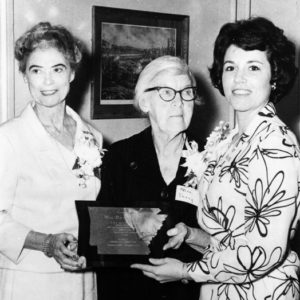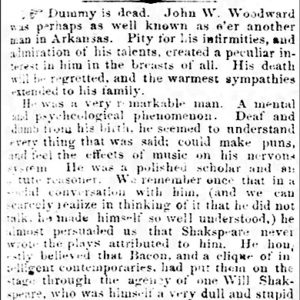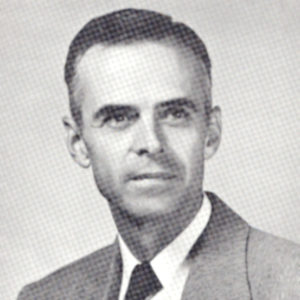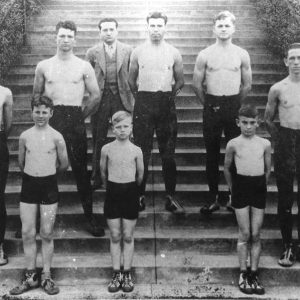Entry Category: Education - Starting with W
 WEC Members Brewer, Terry, and House
WEC Members Brewer, Terry, and House
Women’s Library
 Women's Library Flyer
Women's Library Flyer
Women’s Emergency Committee to Open Our Schools (WEC)
Wood v. Strickland
 Woodward Death Story
Woodward Death Story
Woodward, John Wesley
World Services for the Blind
aka: Lions World Services for the Blind
 Ted Worley
Ted Worley
Worley, Ted Raymond
 Wrestlers at School for the Deaf
Wrestlers at School for the Deaf




